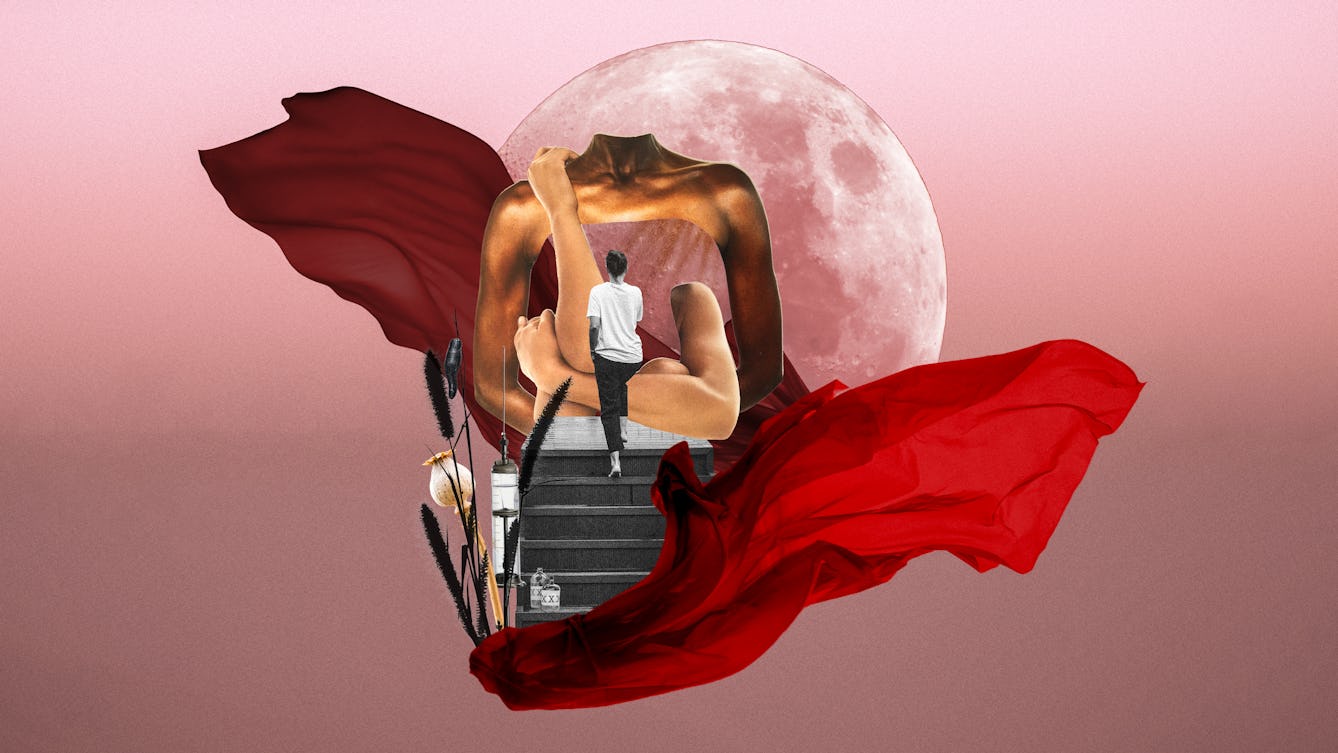
- Article
- Article
Blood
Discover the history, mythology and taboos around blood and menopause, and hear from some contemporary voices about their experiences of periods and the onset of menopause.

- Article
- Article
Race, religion and the Black Madonna
Mystery and controversy surround the dark-skinned religious icon who represents the Virgin Mary throughout the Catholic world.
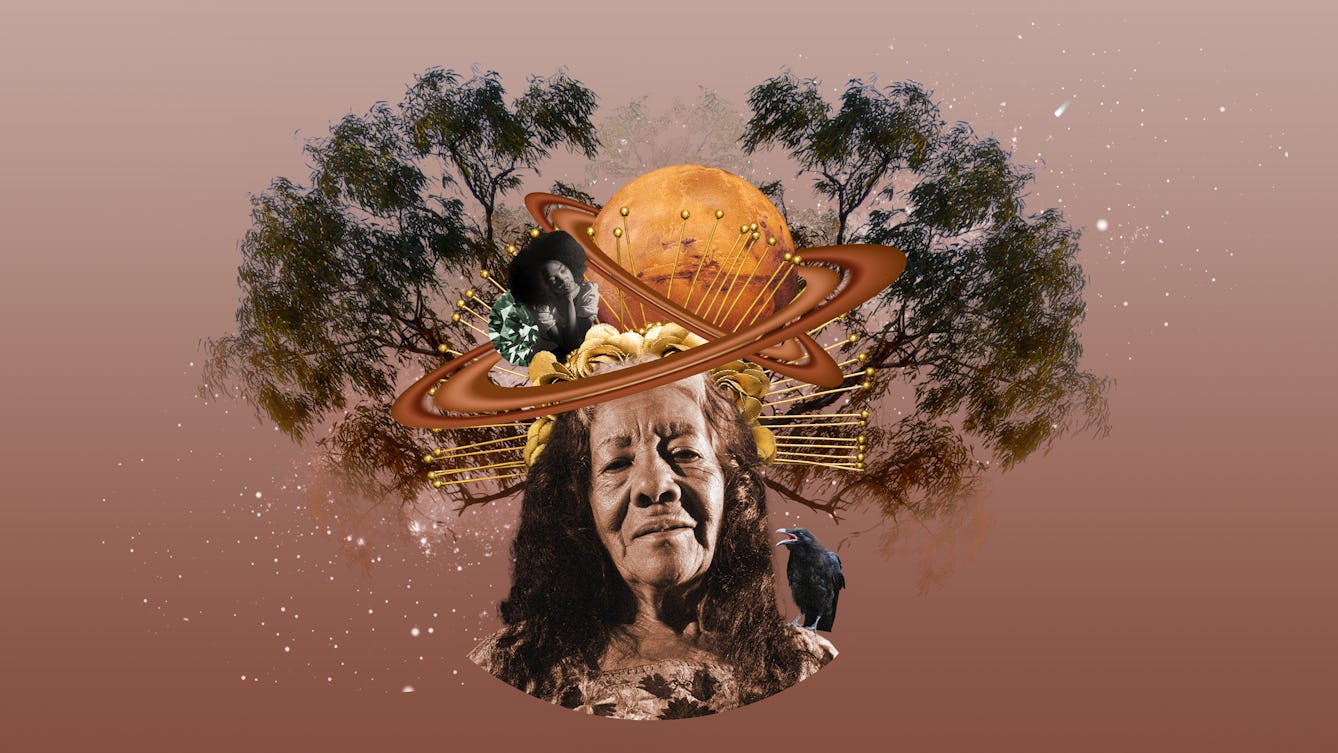
- Article
- Article
Crones
Menopause can be tough when nobody talks about it and all the stereotypes are negative, but it can also be transformative, marking the start of a new stage of life - cronehood.

- Article
- Article
The poetic language of health
When his doctors could only offer phone consultations, James Morland turned to poetry to make sense of the medical terms describing his symptoms and test results.

- Article
- Article
The birth of the public museum
The first public museums evolved from wealthy collectors’ cabinets of curiosities and were quickly recognised as useful vehicles for culture.
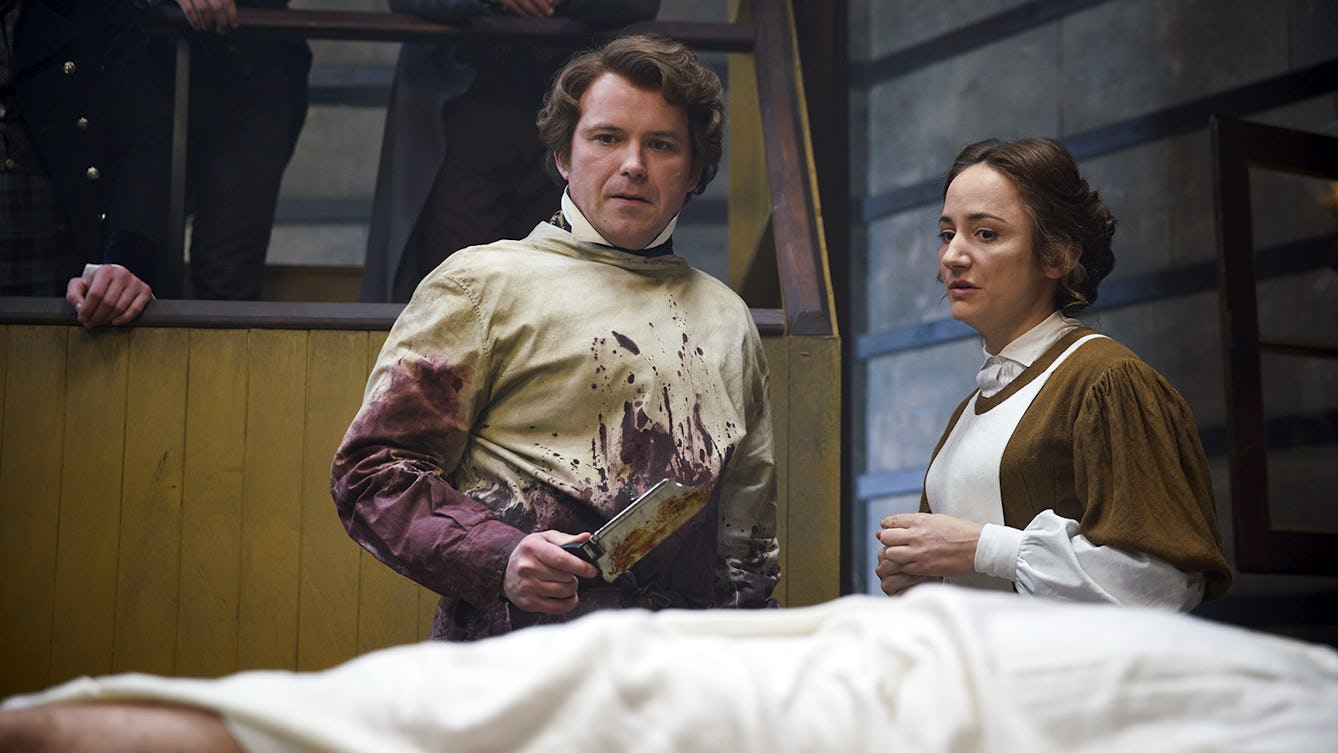
- Article
- Article
The making of ‘Quacks’
How do you create a medical comedy that’s authentic and laugh-out-loud funny?
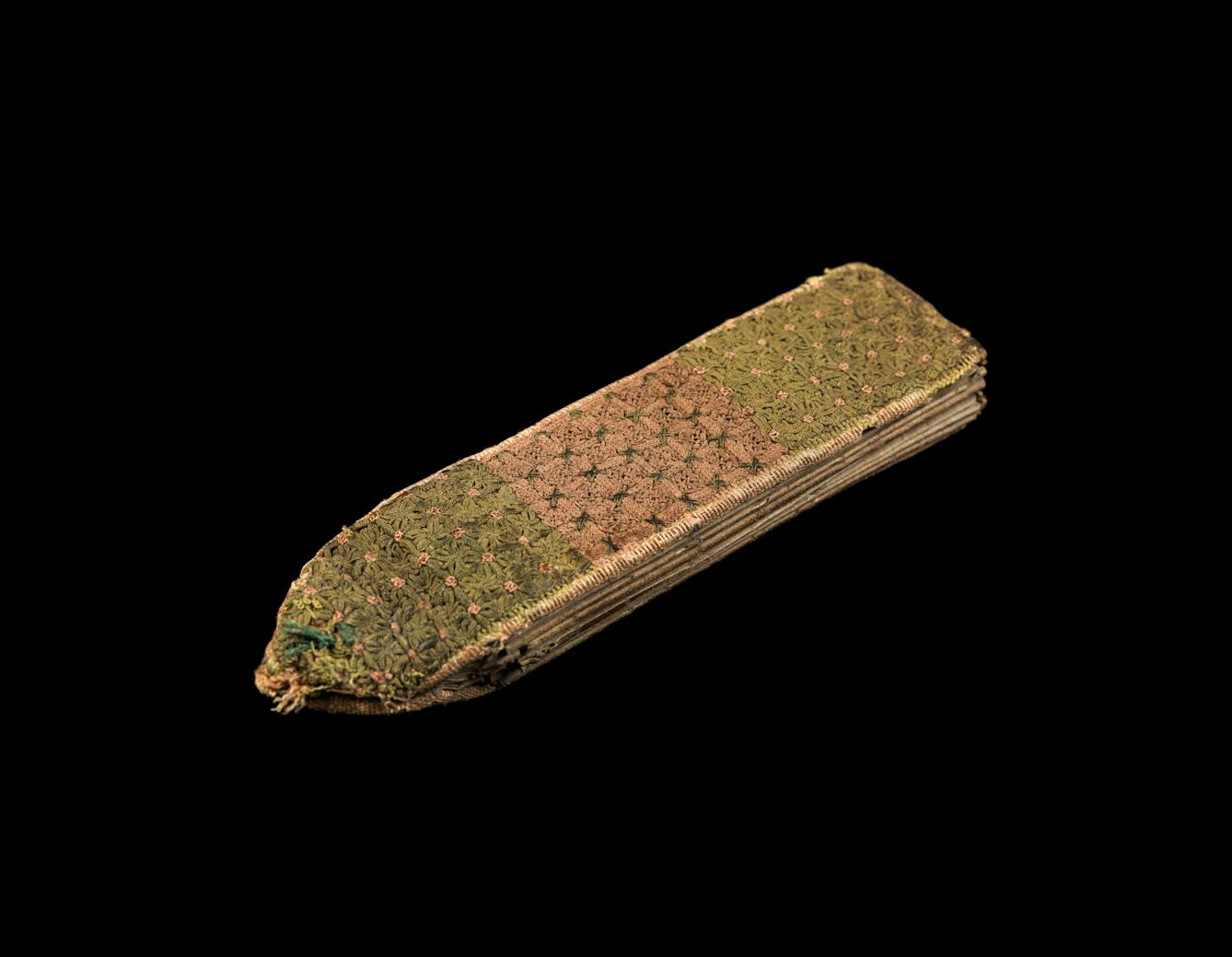
- Article
- Article
The enigma of the medieval folding almanac
With its combination of rich, portable data and high-end style, this folding almanac could have been the medieval equivalent of the latest iPhone.
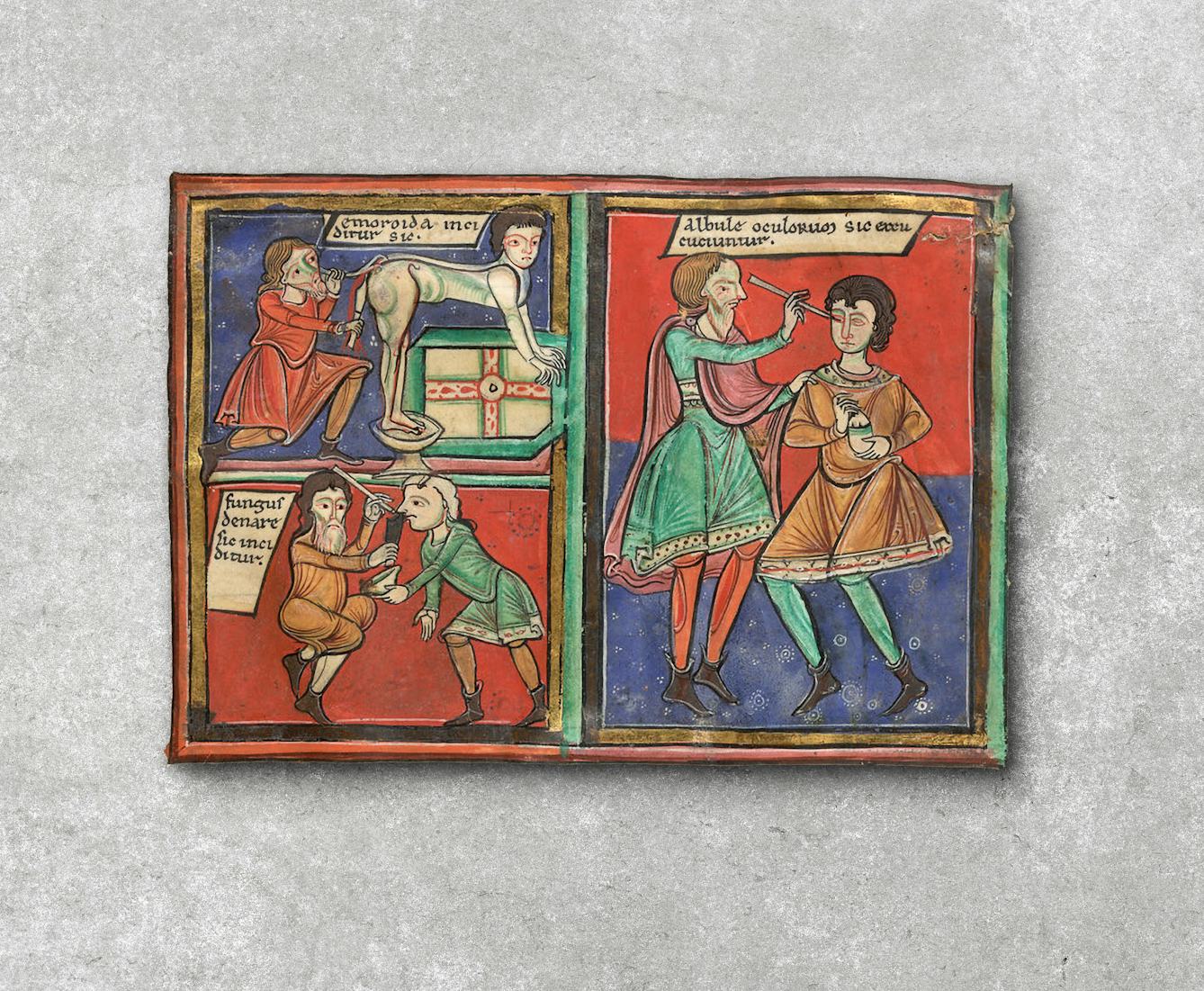
- Article
- Article
Revelations of blindness in the Middle Ages
Medieval texts, from Islamic medical treatises to Christian books of miracles, reveal surprisingly varied and complex experiences of blindness. But when medieval scholar Jude Seal experienced visual impairment themselves, they gained an even deeper understanding of the lives they were studying.

- Article
- Article
The fine line between collecting and hoarding
Being ‘a collector’ is often celebrated but being labelled ‘a hoarder’ can be humiliating, at best. Georgie Evans asks what makes one set of objects a collection and another a hoard.

- Article
- Article
Doctors and the English seaside
Fashionable seaside towns in England owe much of their popularity to 18th-century doctors, who advised them to take the 'sea cure'.

- Article
- Article
The solidarity of sickness
Visiting an injured friend in hospital prompts writer Sinéad Gleeson to reflect on the instant rapport forged between compatriots in the kingdom of the sick.

- Article
- Article
The father of handwashing
Doctors performing autopsies and then delivering babies – with not a hint of soap in between – was the grim recipe producing a lot of motherless offspring in the 1800s. But one man’s gargantuan efforts to upend accepted medical thinking turned the tide.
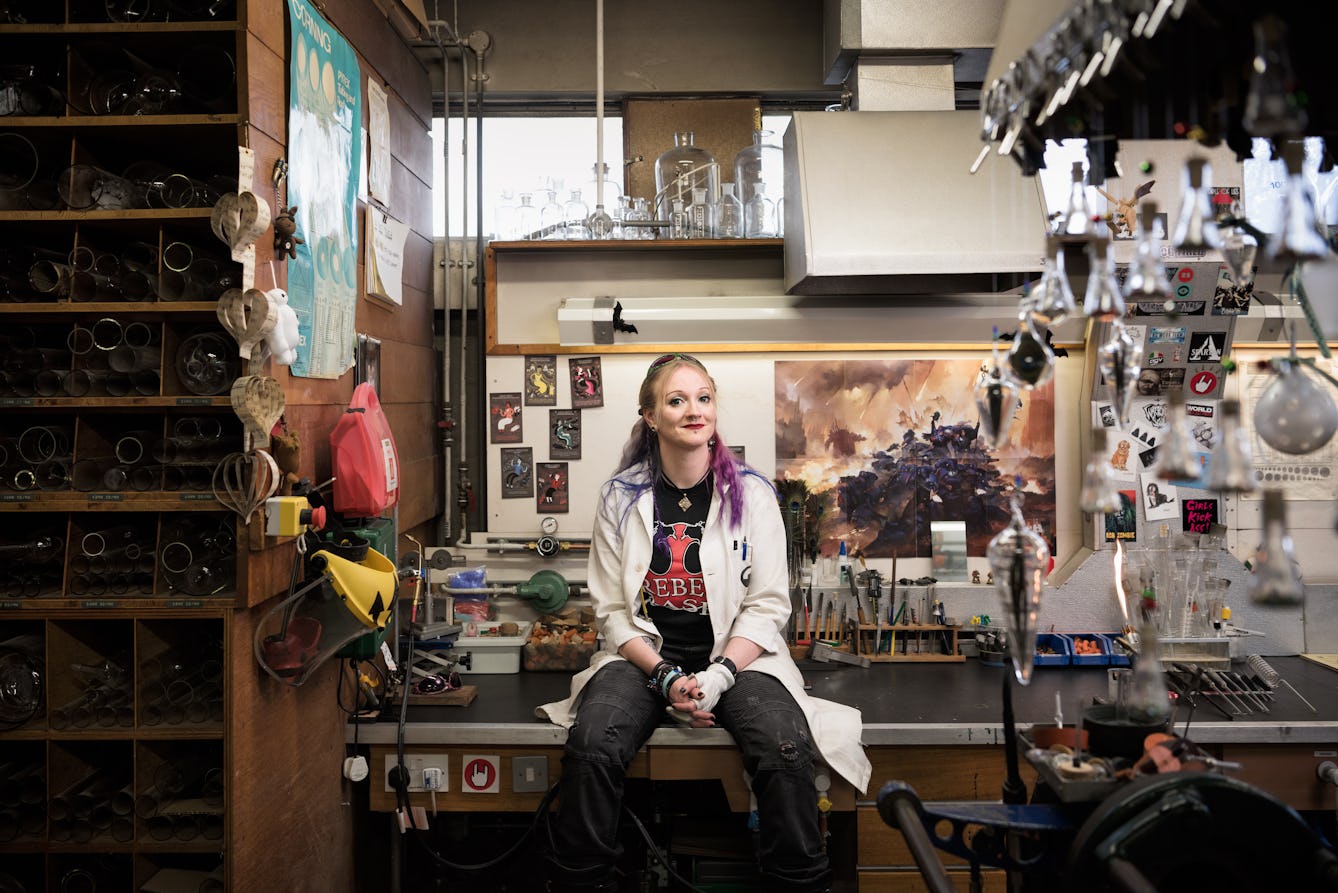
- Article
- Article
The art of scientific glassblowing
Exciting things happen when art, craft, engineering and science collide. Glassblower Gayle Price is proof of that.

- Interview
- Interview
Inside the mind of George Vasey, co-curator of Misbehaving Bodies
Discover how curator George Vasey honoured the approaches of Jo Spence and Oreet Ashery, who mischievously subvert clichés around illness and death.
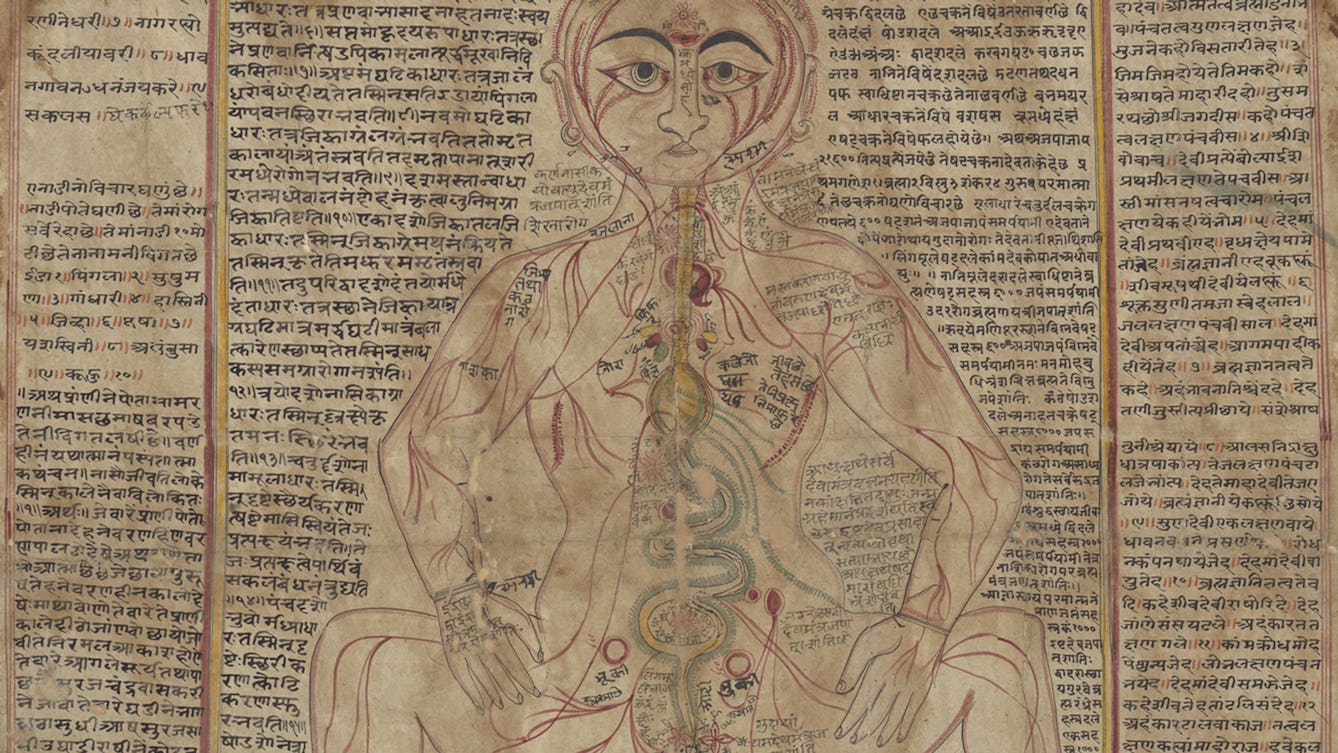
- Article
- Article
Mapping the body
These intricate anatomical drawings show how Ayurveda practitioners have explored the human body and how it works.

- Article
- Article
Shakespeare and the four humours
Blood. Phlegm. Black bile. Yellow bile. The theory of the four humours informed many of Shakespeare's best-known characters, including the phlegmatic Falstaff.

- Article
- Article
The pill, autism and me
Realising that her contraceptive was having a negative effect on her mental health, Catriona Reid saw her concerns dismissed by doctors. As an autistic woman on the pill, she was not an anomaly, but has often been made to feel like one.

- Article
- Article
In search of the ‘nature cure’
Under the competing pressures of modern life, many of us succumb to mental ill health. Samantha Walton explores why so-called ‘nature cures’ don’t help, and how the living world can actually help us.
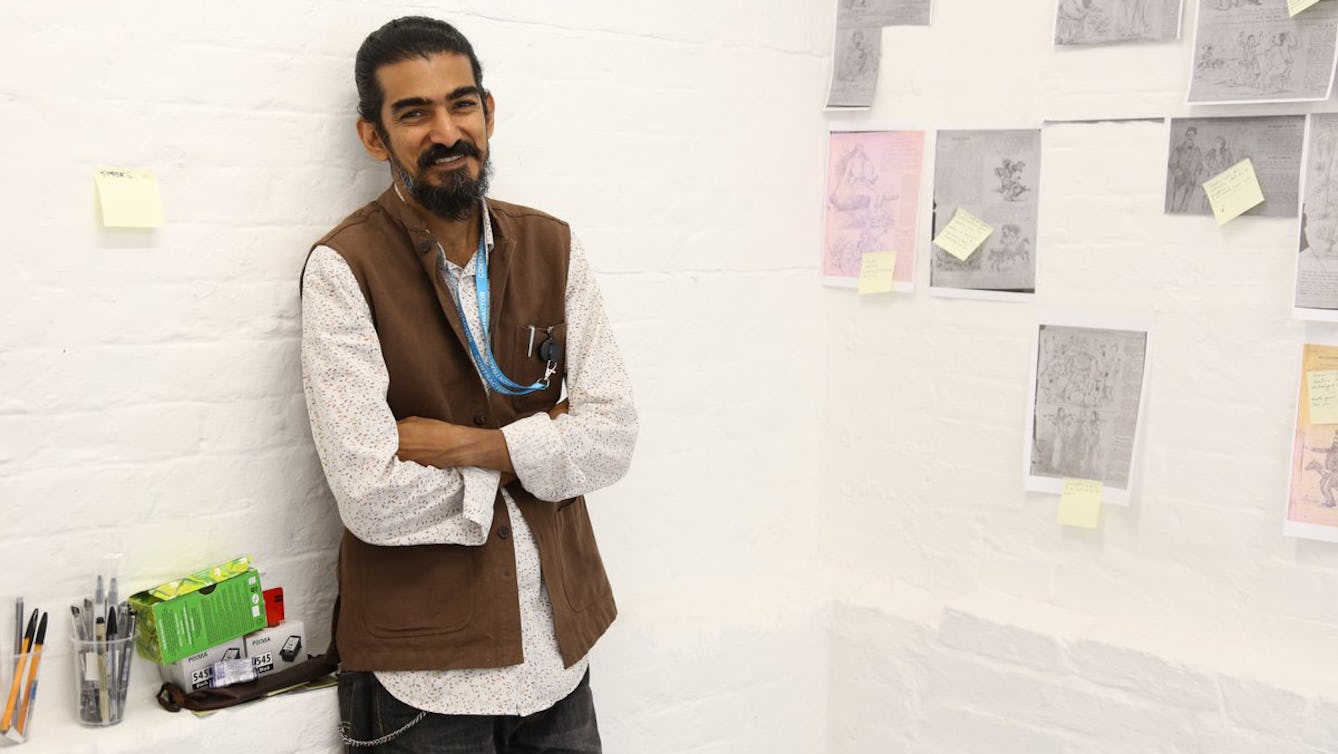
- Article
- Article
Behind the scenes: Drawing the Bombay plague
Ranjit Kandalgaonkar discusses his commission for 'Ayurvedic Man: Encounters with Indian medicine'.
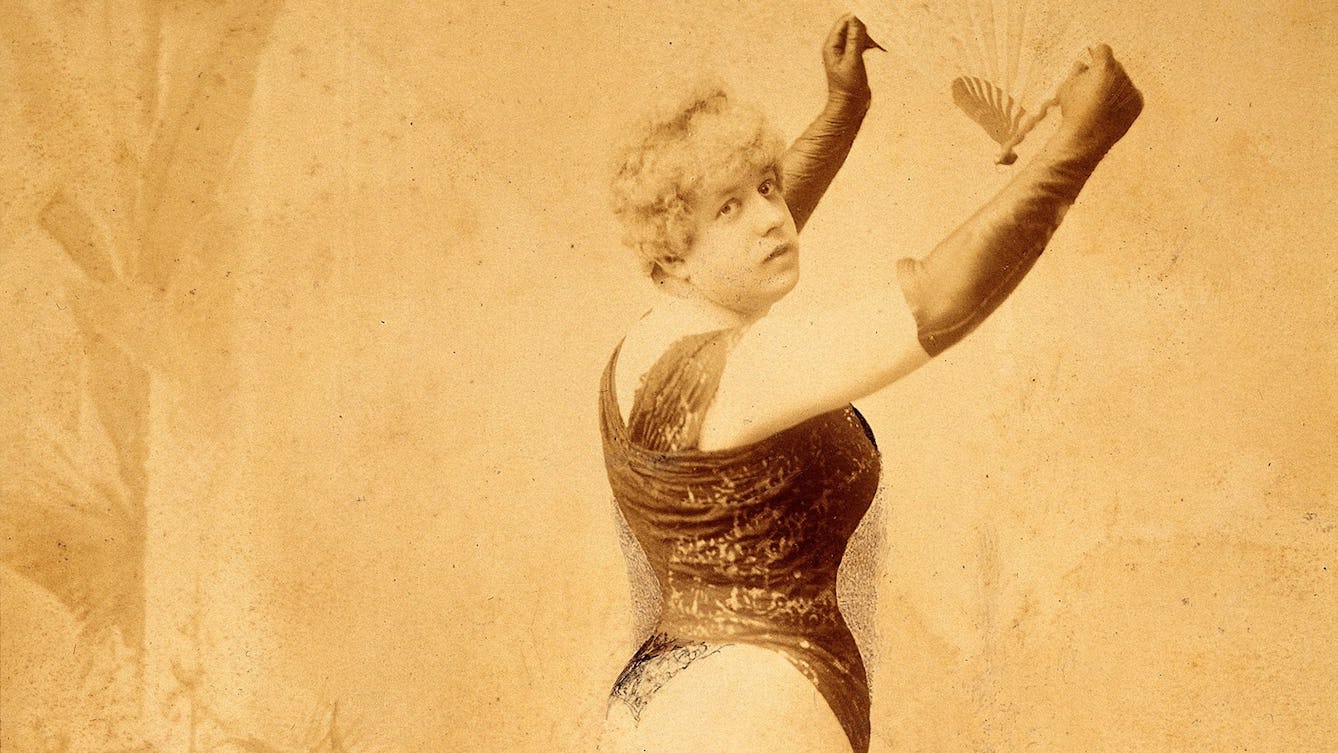
- Article
- Article
Photographs as evidence of gender identity and sexuality
Intriguing photographs from sexologists’ archives suggest they could have helped people explore their gender identity and sexuality.

- Article
- Article
The Key to Memory: Write it down
Nick Dent explores what the Library of the Human Genome can tell us about how and why we remember.

- Interview
- Interview
Inside the mind of Ayurvedic Man’s curator, Bárbara Rodriguez Muñoz
The choices a curator makes – what goes in? what stays out? why? – are often as fascinating as the exhibition itself.

- Article
- Article
A symbol of a lost homeland
The story of one protective amulet from Palestine reveals a complex tale. Encompassing the personal history of an influential doctor and collector, it provides a window onto dispossession and exile, and the painful repercussions that are still felt today.

- Article
- Article
Mask, ritual and fertility
Today many of us learn about fertility, conception and pregnancy online. But that wasn’t always the way. Discover how masks and rituals played an important educational role.
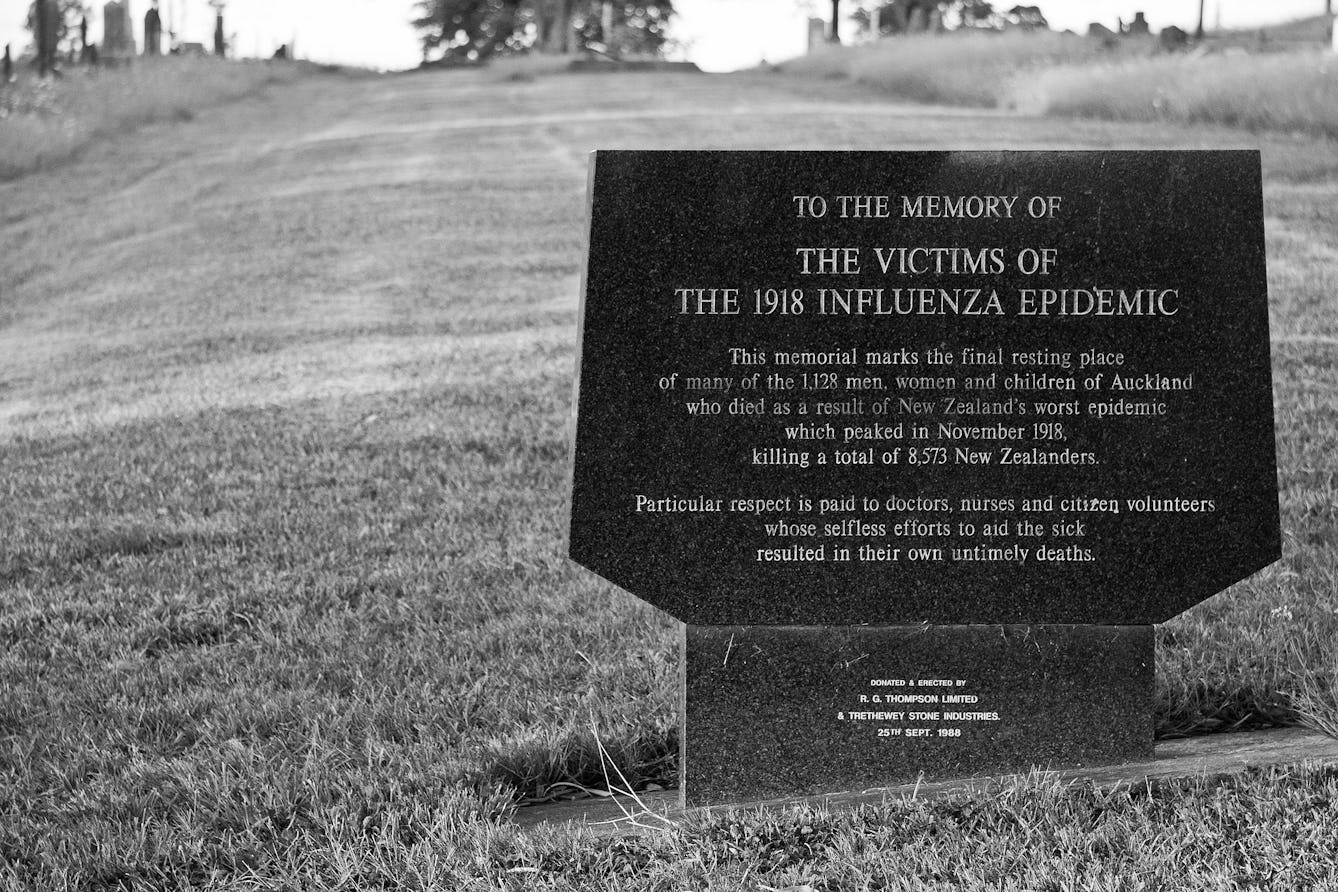
- Article
- Article
Why the 1918 Spanish flu defied both memory and imagination
The Black Death, AIDS and Ebola outbreaks are part of our collective cultural memory, but the Spanish flu outbreak has not been.